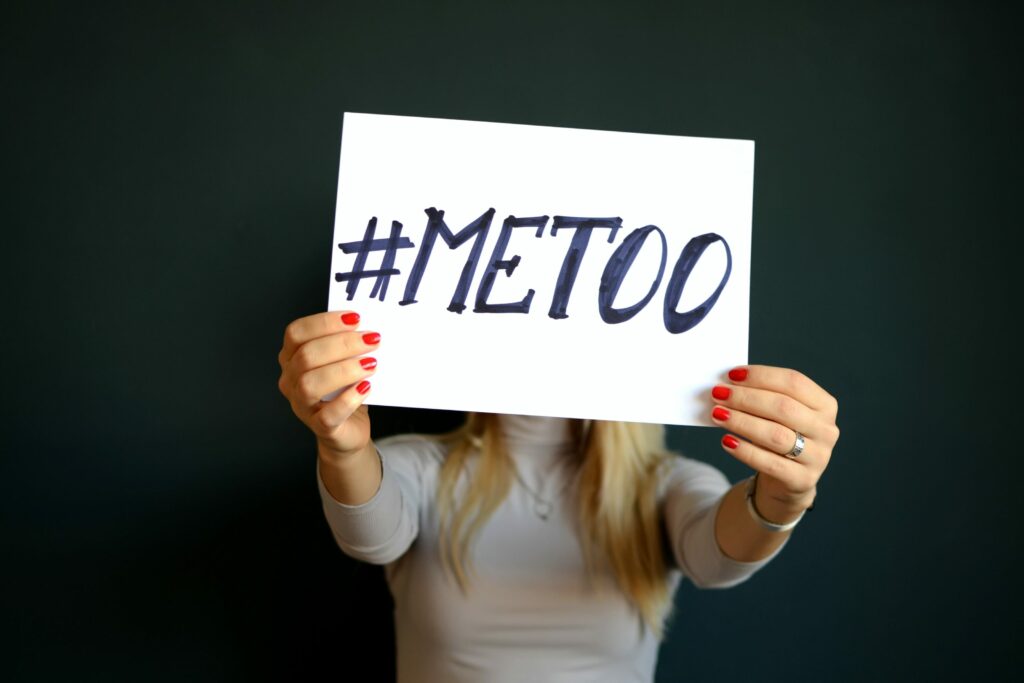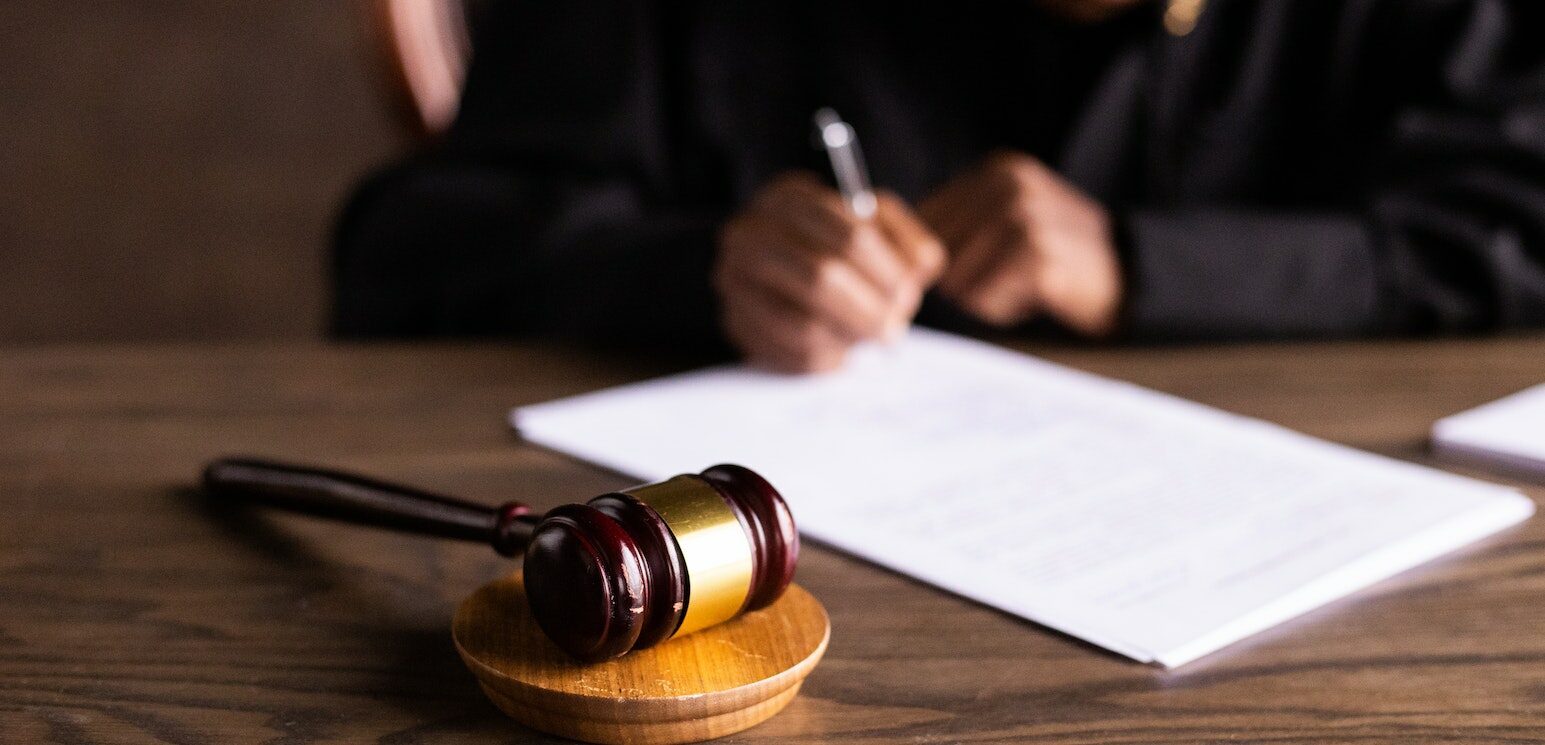The Johnny Depp defamation trial in the spring of 2022 enthralled most everyone, including my students. Like many undergrad law professors that semester, I grudgingly fielded questions from students about the latest developments in the Depp trial.
For my part, I wasn’t much interested in Depp v. Heard. The Depp case might be studied in the future as an example of public outreach, image rehabilitation and trial strategy, sure, but, in the spring and summer of ’22, I was more interested to see the results in the appeal of a different defamation case entirely: Mignogna v. Funimation.
Where Depp v. Heard exemplifies a highly effective, organized, and tactical use of defamation litigation to rehabilitate an image, Mignogna is the opposite: disorganized, poorly planned, and poorly executed. It has left the plaintiff significantly worse off than if he had not brought the suit. It is widely known that defamation suits are not easy to win, but Mignogna teaches us why they are also dangerous to bring lightly.
Mr. Mignogna’s leap into litigation cost him close to half a million dollars in fees paid to his accusers, on top of the hundreds of thousands of dollars his own attorneys cost. That money seems only to have bought him an appeals court opinion detailing why calling him a “sex predator” is not defamatory. Mignogna is likely to become an object lesson for why it is wise to counsel clients against litigation as a first response to a PR crisis.
The Background
Most people don’t think “Texas” when they think “Japanese cartoons,” so it might surprise you that Funimation, the largest English-language dubbing studio headquarters is in the suburbs of Dallas-Fort Worth. Indeed, many of the biggest names in that industry live in the surrounding area. No surprise, then, that when the relationship between Mignogna, his employer, and his colleagues soured, he filed in a Texas district court.
For most the name Vic Mignogna probably doesn’t ring any bells. However, Mr. Mignogna has racked up more than 400 credits on IMDB, making him perhaps the most prolific male English-language dubbing artist working. Almost as critically, he was a looming presence in the lucrative anime convention circuit. Due to non-union voice work’s low pay scale, the bulk of an anime voice actor’s income comes from appearances, personal photo sessions, and autographs at conventions.

The #MeToo Moment
Mr. Mignogna historically made a handsome living on the convention circuit. That ended, though, when Mr. Mignogna met his #MeToo moment in January 2019. Fans started tweeting negative experiences with Mignogna, alleging varying degrees of misconduct. This culminated with two of his colleagues, Jamie Marchi and Monica Rial (as well as Rial’s fiancé, Ronald Toye) sharing their opinions that Mignogna was “a predator” who had hurt them and people they knew.
The reaction was swift. Funimation promptly announced that they were cutting ties with Mignogna following an internal investigation. Conventions rescinded invitations, and other employers canceled Mignogna’s contracts.
Equally swift, though, was the reaction from Mignogna’s legion of avid fans. The most tangible example of their support came in the form of a GoFundMe campaign to fund litigation against Mignogna’s accusers. To date the fund has raised $291,597 for the benefit of Mr. Mignogna’s lawyers.
Mr. Mignogna’s lawyers leapt into action, issuing a series of letters demanding the accusers rescind their statements or face lawsuits. When the accusers failed to do so Mr. Mignogna’s lawyers followed through on their threats, initiating Mignogna v. Funimation et al.
Nearly $300K should be an ample war chest for a minor celebrity to rehabilitate his public image. What happened next, though, illustrates quite clearly why a litigation-first approach is almost always an error.
Truth and Consequences
Modern defamation practice has two essential first principles: Truth and Consequences.
Truth: The first amendment to the Constitution prohibits Congress from making laws abridging the freedom of speech, and if Congress doesn’t have the legislative power to curtail speech, the courts don’t have authority to do so either. The consequences of this are numerous, but the most important in this context is this: Not every injury to your ego or your reputation is a valid defamation claim.
Because the first amendment limits the courts’ power to punish speech (and as we will note in a moment, state laws that support free speech), the standards to bring a valid defamation claim are quite high. First, you will have to prove that the statements at issue were false – not merely opinions, or feelings, but actual false statements of fact. This is our principle of Truth: Only statements which can be proven false can ever be defamatory.
Consequences: Legislatures have grown leery of wealthy or motivated individuals using courts as a truncheon against those who speak out against them – so called “strategic litigation against public participation” (SLAPPs). Many legislatures, Texas included, have adopted anti-SLAPP measures to end meritless defamation suits quickly. The Texas Citizen’s Participation Act (TCPA) is Texas’s anti-SLAPP law, and it is vicious, requiring defamation plaintiffs to show their claim has merit or face early dismissal of their lawsuit and an obligation to pay the defendants’ attorney fees. This is our principle of Consequences: The financial consequences of failure for such a lawsuit are enormous and come surprisingly swiftly.
So how does someone who feels they have been wronged get justice? Learn from Mignogna.

Mistake 1: Have your facts in order before you file.
Discovery is the process through which litigants can seek information from other parties. In almost any state you would expect to begin this process by issuing evidence preservation letters demanding that any potential witnesses keep relevant records, but Texas law goes farther, incorporating some of the most robust pre-litigation discovery available – including pre-litigation deposition. This is critical in a defamation suit, where the time to conduct discovery after filing will be limited.
If someone falsely accuses you, you should not wait to initiate a lawsuit to begin pursuing the facts in your favor. Indeed, doing so would be foolish, and this was Mignogna’s first of many mistakes. If Mr. Mignogna’s lawyers availed themselves of pre-litigation fact finding mechanisms at all, my examination of the record does not show it.
Mistake 2: Demand that the accuser retract only false facts, not opinions.
A well-crafted demand letter can win your case for you by setting out your legal position clearly and unequivocally. A bad demand letter does more harm than good, exposing your weaknesses. Mr. Mignogna’s demand letters were bad.
Courts can only punish false statements of fact; opinions are protected speech under the First Amendment. Every attorney who handles defamation cases knows this, which is why it was frankly embarrassing when Mr. Mignogna’s attorneys sent demand letters to the defendants detailing such “defamation” as calling Mr. Mignogna a “piece of shit” because (I swear, this is verbatim), “Mr. Mignogna is not a piece of shit (that is another name for feces, thus it is impossible for him to be a ‘piece of shit’)”.
Even a non-attorney ought to be able to tell that Mignogna’s demand letters were unserious. Indeed, they now circulate among legal circles as the butt of jokes. No rational person thinks that being called “a piece of shit” is literal, and no court does either. Such a demand letter says only one thing to the defendant: This emperor has no clothes.
Mistake 3: Draft the complaint narrowly
Standard Texas litigation practice is to file every claim you think you might have at the start, then narrow down if some of them don’t stick. That would be near malpractice when you are dealing with a defamation case.
For all practical purposes the discovery phase of a defamation case will end once the defendants file an anti-SLAPP motion. Unless the court grants a motion for limited discovery into specific issues, you are done looking for new facts and it is time to prepare for the TCPA hearing, where you will have to prove that you have at least some evidence for every element of every claim. If you fail, your case will be dismissed and you will owe the defendants their attorney’s fees.
Perhaps the most difficult needle to thread in the pleadings is the question of whether you are a public figure. Public figures have a far higher bar to meet in defamation cases. Under New York Times v. Sullivan, they must prove “actual malice” — that the defendants knew they were lying or at least had reckless disregard for the truth.
Ultimately, Mr. Mignogna’s own pleadings sunk him. His complaint was little better than his demand letters. As the appeals court decision explained in detail, his allegations were either unprovable (e.g., opinion statements calling him a “sex predator”) or simply unproven. Furthermore, although he claimed not to be a public figure, his own petition pleaded damages from lost public appearances – a clear indication that he was a public figure subject to the higher bar of NYT v. Sullivan. A more carefully drawn complaint, one using only facts on which he had defendants dead-to-rights, might have survived an anti-SLAPP motion.
Mistake 4: Take the anti-SLAPP hearing seriously. It may be your last chance.
Mr. Mignogna’s lawyers do not appear to have taken the threat of the anti-SLAPP hearing very seriously. The response filed by the due date was insufficient to prove the facts necessary and filled with errors like missing citations. Their final error, though, was attempting to rectify their earlier errors too late. In a display of either bewildering strategy or profound incompetence, Mr. Mignogna’s lawyers filed a last-minute amended petition. However, because that amendment came after the critical deadline to respond to the anti-SLAPP motion, both the trial court and the court of appeals agreed that it should not be considered at all.
The court granted the defendants’ anti-SLAPP motions after the TCPA hearing, dismissing all 17 of Mr. Mignogna’s claims. Despite the numerous fatal mistakes made in his case, Mr. Mignogna continued to appeal, and on December 30 was summarily denied by the Texas Supreme Court. He will now return the the trial court in Tarrant county on one issue and one issue only: How much more does he owe the defendants for subjecting them to this suit?
Byline: William Biggs, J.D.
Clinical Assistant Professor of Business Law


